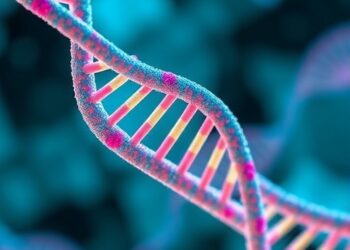Ziwei Zhu, Assistant Professor, Computer Science, and Jin Lee, Assistant Professor, Criminology, Law and Society, are set to receive funding for: “Data-Centric Social Bias Mitigation for Large Language Model-based Cyberharassment Detection.”
Ziwei Zhu, Assistant Professor, Computer Science, and Jin Lee, Assistant Professor, Criminology, Law and Society, are set to receive funding for: “Data-Centric Social Bias Mitigation for Large Language Model-based Cyberharassment Detection.”
The researchers aim to address the critical challenge of algorithmic bias in Large Language Models (LLMs) used for cyberharassment detection.
They will focus on reducing unfair treatment against minority populations identified by gender, race, religion, sexual orientation, and disability.
Despite the advanced capabilities of LLMs in text classification and reasoning, their effectiveness is compromised by inherent social biases, leading to the misclassification of benign content as harassment.
The researchers will undertake a comprehensive, data-centric strategy comprising four main tasks: (1) Developing a large-scale and broad benchmark for examining social bias in detecting cyberharassment, covering multiple types of cyberharassment and bias dimensions; (2) Adapting the Contact Hypothesis from social psychology to augment prompts for debiasing LLMs in the zero-shot setting; (3) Selecting effective demonstration data via optimization to debias LLMs in the in-context learning setting; and (4) Creating an effective dataset integrating Contact Hypothesis and the BBQ dataset for debiasing LLMs through fine-tuning.
Additionally, they will produce an open-source library consolidating all developed data and methodologies. Through these efforts, they aim to significantly improve the inclusion and accessibility of LLM applications in cybersecurity, contributing to a safer and more inclusive digital environment.
Zhu and Lee will receive $50,000 from the Virginia Innovation Partnership Authority for this project. Funding will begin in June 2024 and will end in late May 2025.
###
ABOUT GEORGE MASON UNIVERSITY
George Mason University is Virginia’s largest public research university. Located near Washington, D.C., Mason enrolls more than 40,000 students from 130 countries and all 50 states. Mason has grown rapidly over the past half-century and is recognized for its innovation and entrepreneurship, remarkable diversity, and commitment to accessibility. In 2023, the university launched Mason Now: Power the Possible, a one-billion-dollar comprehensive campaign to support student success, research, innovation, community, and stewardship. Learn more at gmu.edu.




